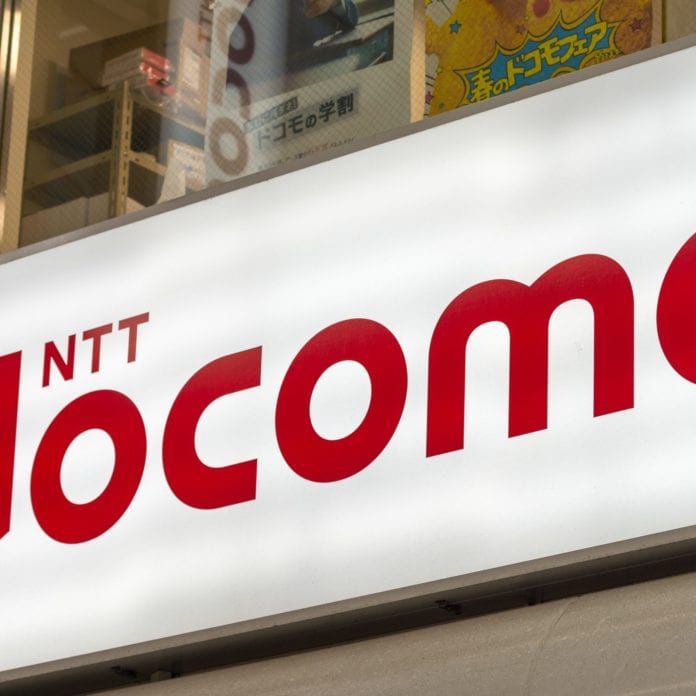Japanese carrier NTT DoCoMo has reached an agreement with enterprises and organizations in the United States and Israel as well as Japan, to collaborate in trials involving a 5G mobile test network established in Guam, the telco said in a statement.
NTT DoCoMo highlighted that the main aim of these deals is to verify 5G-compatible systems and equipment for new business solutions.
The trials will involve field partners, solution partners and NTT DoCoMo as the provider of the 5G test network. The solution partners will develop and provide solutions which incorporate 5G systems and equipment, while the field partners will use those solutions in practical applications on an experimental basis for testing and verification.
Some of the new solution partners include Aegis Systems (U.S.), Smart Home Sentry (U.S.), Flashframe (U.S.), Sony (Japan), Plen Robotics (Japan) and Humaneyes Technologies (Israel).
The field partners include electricity utility Guam Power Authority, the University of Guam Office of Information Technology, and major enterprises and organizations in Guam. These companies will test various solutions that incorporate 5G-based technologies, including a remote training system using high-definition virtual reality, a monitoring system using surveillance cameras with artificial intelligence to detect suspicious individuals, and many others.
The Japanese carrier also announced the launch of its DoCoMo 5G Open LabGUAM, its first center outside of Japan for verifying 5G technologies. The facility will provide a 5G trial environment that companies from Japan and other countries can use to verify 5G solutions.
NTT DoCoMo’s field partners will be able to use the network for outdoor testing of new services that incorporate equipment compatible with 5G networks. In addition to Japanese companies, a number of overseas ventures with advanced 5G technology have announced that they will participate in cross-border 5G testing with DoCoMo as part of the 5G Open Partner Program.
Some of the 5G trials currently being carried out by NTT DoCoMo and its partners include:
– 5G virtual-reality training: Live video using a 360-degree high-definition VR camera (Vuze XR) for remote training of new technicians.
– 5G monitoring with AI technology: High-speed video processing of AI surveillance cameras to reduce costs of nighttime surveillance at an electrical substation.
– 5G education: Low-cost AI-based robot system for identifying examinees at test sites via high-speed, low-latency 5G network.
– 5G monitoring with AI technology: High-speed processing of video from AI-based surveillance camera to detect abnormal behavior and suspicious individuals on campus at night.
– 5G live streaming of multi-screen video: High-definition video system incorporating multiple cameras to allow people to experience wedding ceremonies from remote locations.
– 5G sports: High-speed, large-capacity, low-latency system for uploading official photos from United Airlines Guam Marathon 2019 this coming April 14,
– 5G drones: System for wide-area, extended-flight monitoring of remote areas, such as the ocean and jungles, using special ocean-going drones.
-5G AI robotics: Remote outdoor operation of concept vehicle equipped with high-definition video cameras and high-definition 4K digital signage.
NTT DoCoMo plans to launch pre-commercial 5G services in September 2019, the carrier’s president and CEO, Kazuhiro Yoshizawa, previously said during a conference call with investors and analysts.
Yoshizawa also said that the company aims to launch commercial 5G services across Japan by mid-2020. He also said that customers will be able to experience 5G services during the Rugby World Cup next year.
NTT DoComo has been adding partners to its 5G Open partner program, through which it aims to create 5G-based solutions. The program currently has 1,800 partners and expects to end 2021 with 5,000 partners, the executive said.

